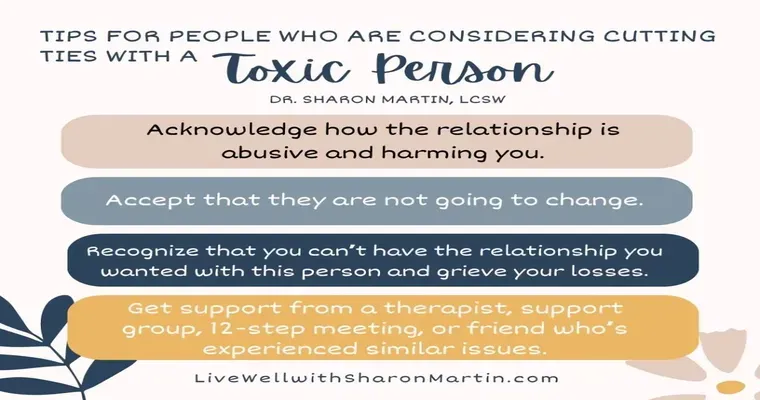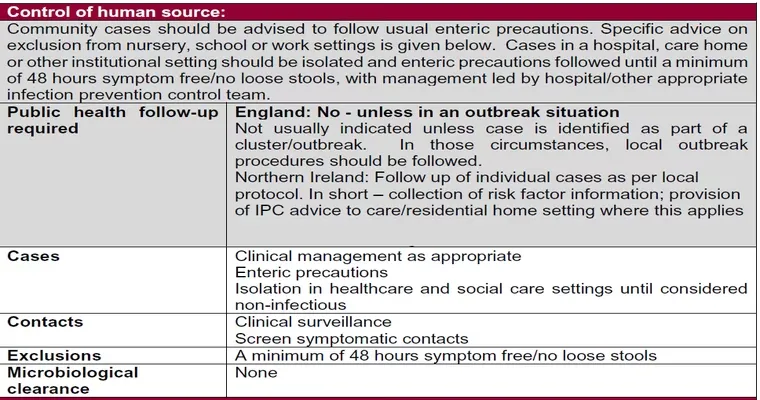Dealing with a loved one's "rehabilitation" can be an emotionally challenging experience, especially when it seems that your mother is not getting better and you feel that the rehab facility is trying to keep her there indefinitely. It is essential to understand the complexities of rehab programs and the factors that may influence your mother's recovery. This article aims to provide you with some advice on navigating this situation while prioritizing her well-being.
First and foremost, it's critical to have open and honest communication with the "rehab staff". Schedule a meeting with her case manager or the head of the facility to discuss your concerns. Ask specific questions about your mother’s progress and the goals of her treatment plan. Understanding their perspective can help you identify whether the facility is genuinely focused on her recovery or if there are other motives at play.
Another important step is to stay involved in your mother's "treatment plan". Attend family meetings and therapy sessions when possible. This involvement not only shows your support but also allows you to gain insights into her progress and the strategies being employed for her recovery. If you notice a lack of improvement or feel that the facility is not addressing her needs, it may be time to explore alternative options.
Consider seeking a second opinion from an outside medical professional. A fresh perspective can provide valuable insights into your mother’s condition and the effectiveness of her current rehab program. If the second opinion suggests that a different approach or facility might better suit her needs, do not hesitate to discuss these options with the rehab staff.
You should also educate yourself about the typical duration of "rehabilitation programs" for your mother's specific condition. Knowing what is considered normal can help you assess whether the facility is keeping her longer than necessary. If it appears that her stay is extending beyond what is typical, this information can be crucial in your discussions with the staff.
In addition to advocating for your mother, it is vital to take care of your own emotional well-being. Caring for a loved one in rehab can be stressful and overwhelming. Make sure to reach out for support, whether from friends, family, or support groups. Sharing your experiences and feelings can help you cope with the situation more effectively.
Lastly, if you genuinely feel that the rehab facility is not acting in your mother’s best interest, it may be worthwhile to explore other "rehab options". Research other facilities that specialize in her specific needs and consider scheduling a visit. Ensure that you assess their approach to recovery and how they plan to support your mother’s transition back to daily life.
In conclusion, navigating the complexities of rehab can be challenging when it feels like your mother is not getting better and the facility is trying to keep her there indefinitely. Open communication with the staff, staying involved in her treatment, seeking a second opinion, and caring for your own well-being are all essential steps in advocating for her recovery. Remember, you are not alone in this journey, and there are resources available to help you find the best path forward for your mother.





